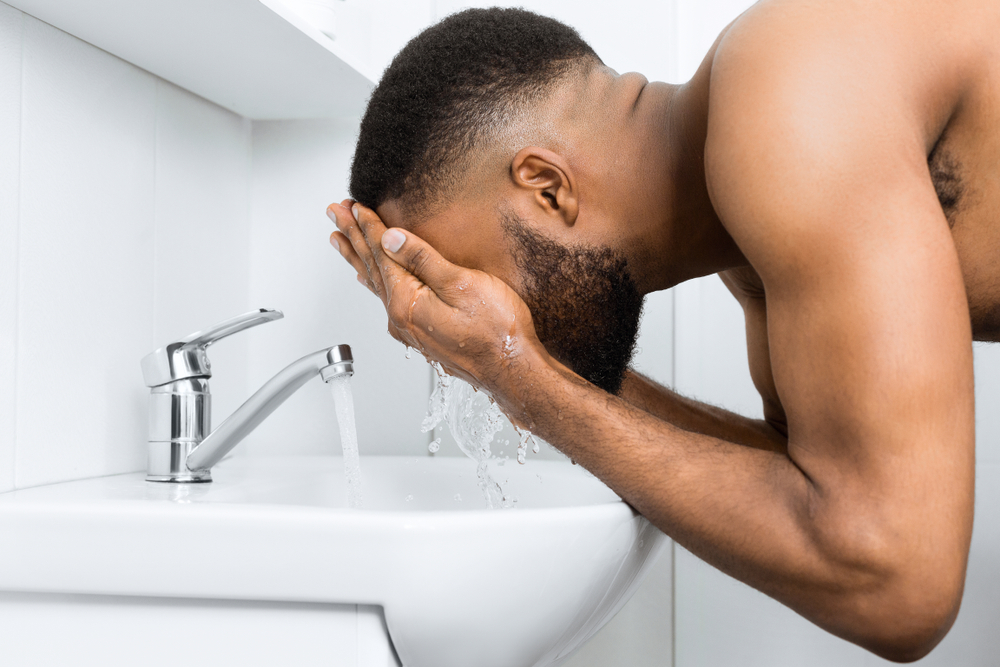The body is a remarkable system, constantly working to maintain balance and health. One of its essential functions is urination, which often continues even while we sleep. While nighttime urination, or nocturia, can sometimes feel inconvenient, there are valid and important reasons behind this process. Understanding why the body needs to urinate at night can help us appreciate its role in maintaining our overall well-being.
1. The body is regulating fluid balance
The kidneys work around the clock to filter waste and excess fluid from the blood. At night, the body doesn’t simply stop its maintenance functions. As we lie down to sleep, gravity redistributes fluids that may have accumulated in the legs or other lower areas during the day. This process can increase the volume of fluid the kidneys process, leading to the need to urinate.
Additionally, the body naturally produces a hormone called vasopressin during sleep. This hormone signals the kidneys to slow urine production, ensuring we can rest uninterrupted. However, factors like aging or medical conditions can disrupt vasopressin levels, causing more frequent nighttime urination.
2. The body is flushing out toxins
Nighttime is when the body often focuses on restoration and repair. The kidneys play a critical role in detoxifying the body by filtering out waste products, which are then excreted through urine. Even while asleep, the kidneys continue this vital function to ensure that harmful substances, such as urea and creatinine, don’t build up in the bloodstream.
Staying hydrated throughout the day supports this process. However, excessive fluid intake, particularly in the evening, can increase nighttime urination. The body’s detox efforts underscore the importance of maintaining balanced hydration habits.
3. The body responds to dietary choices
What we consume during the day has a direct impact on how our body functions at night. Foods and beverages with diuretic properties, such as caffeine, alcohol, or certain fruits, can stimulate increased urine production. For example, drinking coffee late in the day or indulging in salty snacks can lead to nocturia.
Understanding how diet influences the body’s natural rhythms is essential for reducing interruptions during sleep. By moderating the intake of diuretic substances, especially close to bedtime, you can support a more restful night.
4. Underlying health conditions may signal the need
While nighttime urination is often normal, it can also be a sign of underlying health conditions. Diabetes, urinary tract infections, bladder overactivity, or prostate issues can lead to increased urination. These conditions may cause the bladder to send signals to empty even when it isn’t full, disrupting sleep.
For individuals with such concerns, consulting a health care provider is crucial. Early diagnosis and management of these conditions can not only improve sleep quality but also enhance overall health. The body’s signals should never be ignored, as they often provide insight into our internal well-being.
5. The body is managing blood pressure
The kidneys are intimately connected to blood pressure regulation. During the day, the body might retain more fluid as it maintains energy and activity levels. At night, as we rest, the kidneys often shift focus to processing this retained fluid, which may lead to nighttime urination.
This phenomenon can be more pronounced in individuals with high blood pressure or heart conditions. These health concerns might cause the kidneys to work harder at night to balance fluid levels. Understanding this connection highlights the importance of managing cardiovascular health to support the body’s natural processes.
Supporting healthy nighttime urination
Managing nighttime urination requires attention to several key factors:
Hydration habits
Control evening fluid intake while maintaining proper daytime hydration. Balance is key to supporting kidney function without disrupting sleep.
Dietary considerations
Monitor consumption of diuretic substances and salty foods, especially in the evening hours. Choose foods that support rather than challenge kidney function.
Health monitoring
Work with healthcare providers to address underlying conditions that might affect urination patterns. Regular check-ups help maintain optimal kidney and bladder health.
Looking forward
Nighttime urination serves essential functions in maintaining body balance, detoxification, and health monitoring. While it might seem inconvenient, it reflects your body’s commitment to maintaining wellness. Understanding and supporting these natural processes helps optimize both sleep quality and overall health.
If you notice significant changes in urination patterns or experience discomfort, consult healthcare professionals promptly. Their expertise can help distinguish between normal processes and potential health concerns requiring attention.
This story was created using AI technology.














